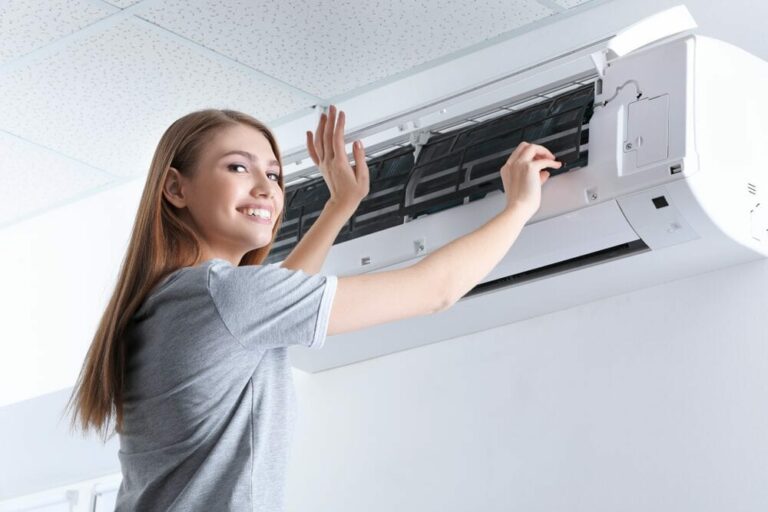
If your air conditioning system isn’t functioning properly, it’s important to address the issue quickly. Before contacting a professional for repairs, there are a few steps you can take to troubleshoot and possibly resolve the problem on your own. Here’s a guide on how to check common issues and determine if a service call is necessary.
Check the Thermostat
Make sure your thermostat is set to the correct mode (cooling) and that the temperature is set lower than the room temperature. Check that the thermostat batteries are working, as dead batteries can cause the system to malfunction.
Inspect the Air Filter
A dirty or clogged air filter can restrict airflow and reduce your system’s efficiency. Look at the filter and replace it if necessary. Changing the filter every 1-3 months is a good practice to ensure optimal performance.
Examine the Circuit Breaker
Sometimes, a tripped circuit breaker is the cause of the issue. Check your home’s electrical panel to see if the breaker for the AC unit has been tripped. If so, reset it and see if the unit runs again. If the breaker trips again, there may be a more serious electrical issue at hand.
Clear the Condenser Unit
The outdoor condenser unit needs to be free from obstructions like leaves, dirt, or branches. Clear any debris around the unit and ensure the fan is working correctly.
Check the Drain Line
A blocked drain line can cause water to back up and damage your AC system. Locate the drain line, typically near the condenser unit, and check for clogs. You can use a wet/dry vacuum to clear minor blockages.
Listen for Unusual Noises
If you hear unusual sounds like buzzing, clicking, or rattling coming from your AC unit, it may indicate issues with the fan, motor, or compressor. These noises might signal that it’s time for professional assistance.
Look for Ice Build-Up
Check the evaporator coils for any ice formation. Ice build-up could mean airflow problems or low refrigerant levels. Turn off the system to let the ice melt, and if the issue continues, you may need further investigation.
Test the Airflow
Ensure the airflow from the vents is strong and consistent. Weak airflow could be a sign of problems with the blower motor, air ducts, or air filter. Good airflow is essential for efficient cooling.
Monitor Cooling Effectiveness
While you may not be able to measure refrigerant levels yourself, you can observe if the AC is running continuously without cooling the space. This might suggest a refrigerant issue that requires a professional’s attention.
Conclusion
By following these troubleshooting steps, you can address minor AC problems before reaching out for professional help. Regular maintenance and timely fixes can help extend the life of your system and prevent costly repairs. If these steps don’t resolve the issue, it might be time to contact an experienced HVAC technician for a detailed inspection. For reliable AC repair services, reach out to a trusted HVAC professional in Florida.